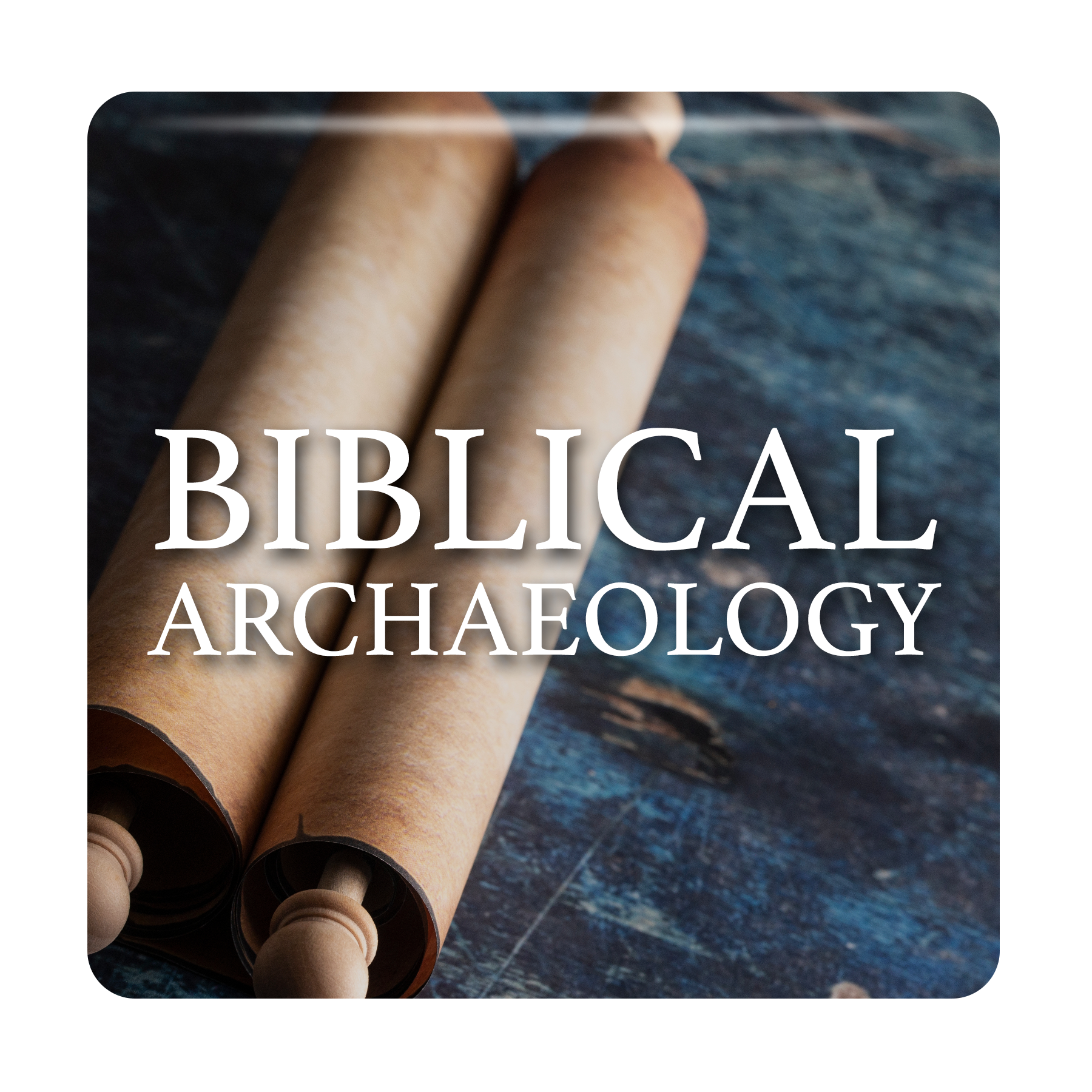
The goal of this course is to survey the methods and results of
archaeology as applied to sites and topics of biblical significance and
to consider the interpretive challenges and apologetic uses of
archaeology.
- Teacher: Raphael Samuel
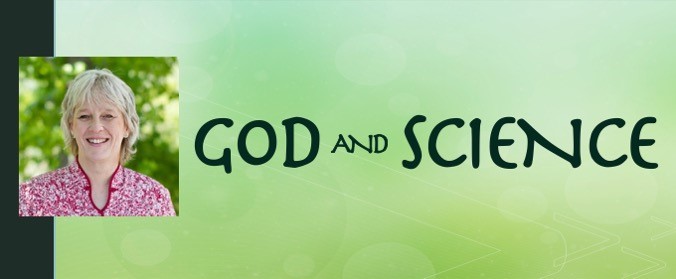
This course examines the nature of science, its limitations, its methodological roots within a Christian worldview, and its value as an apologetic tool. A consideration of the impact of science on faith and ways both relate in today's world, will be analyzed via two "case studies" in cosmology and evolution.
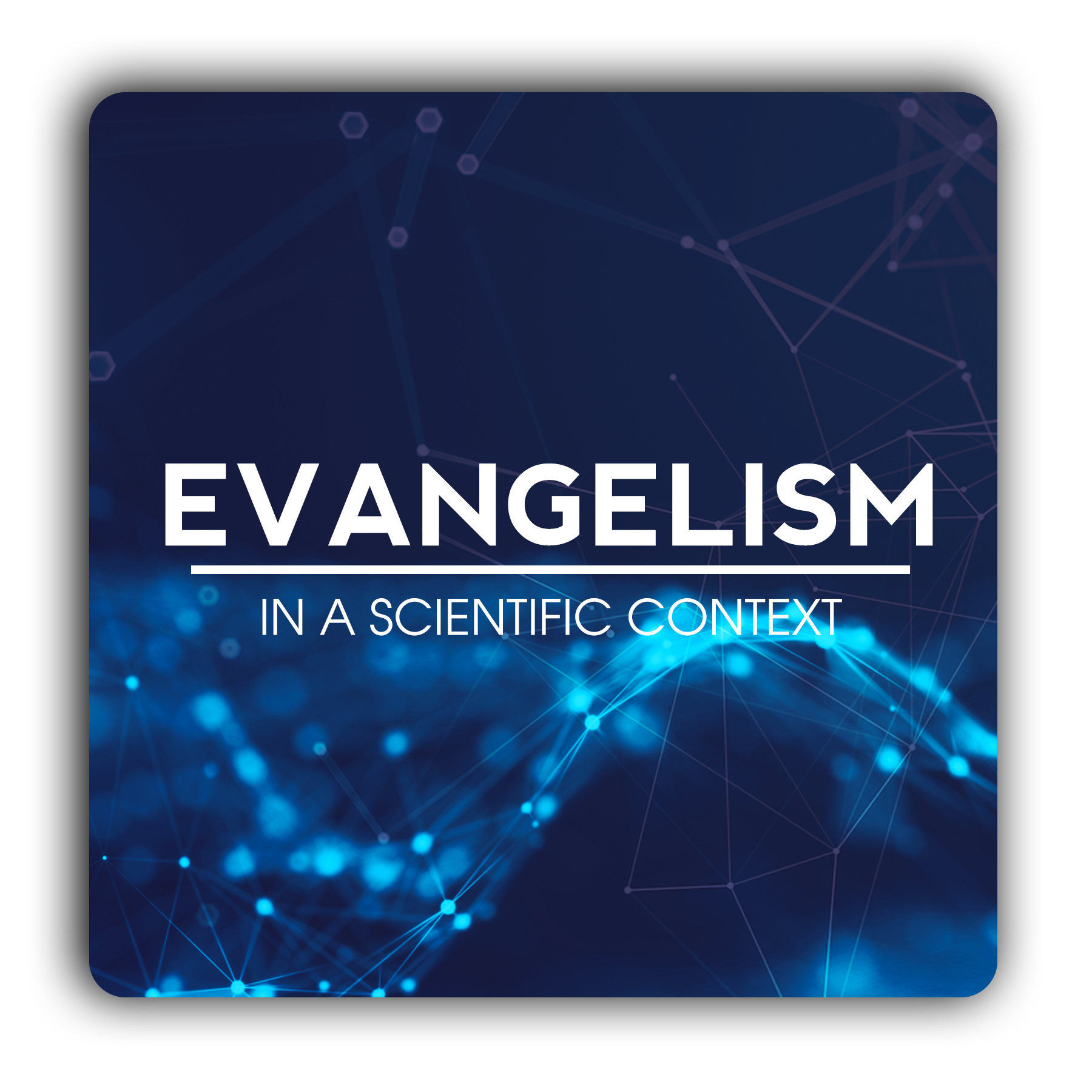
- Teacher: George Vicari
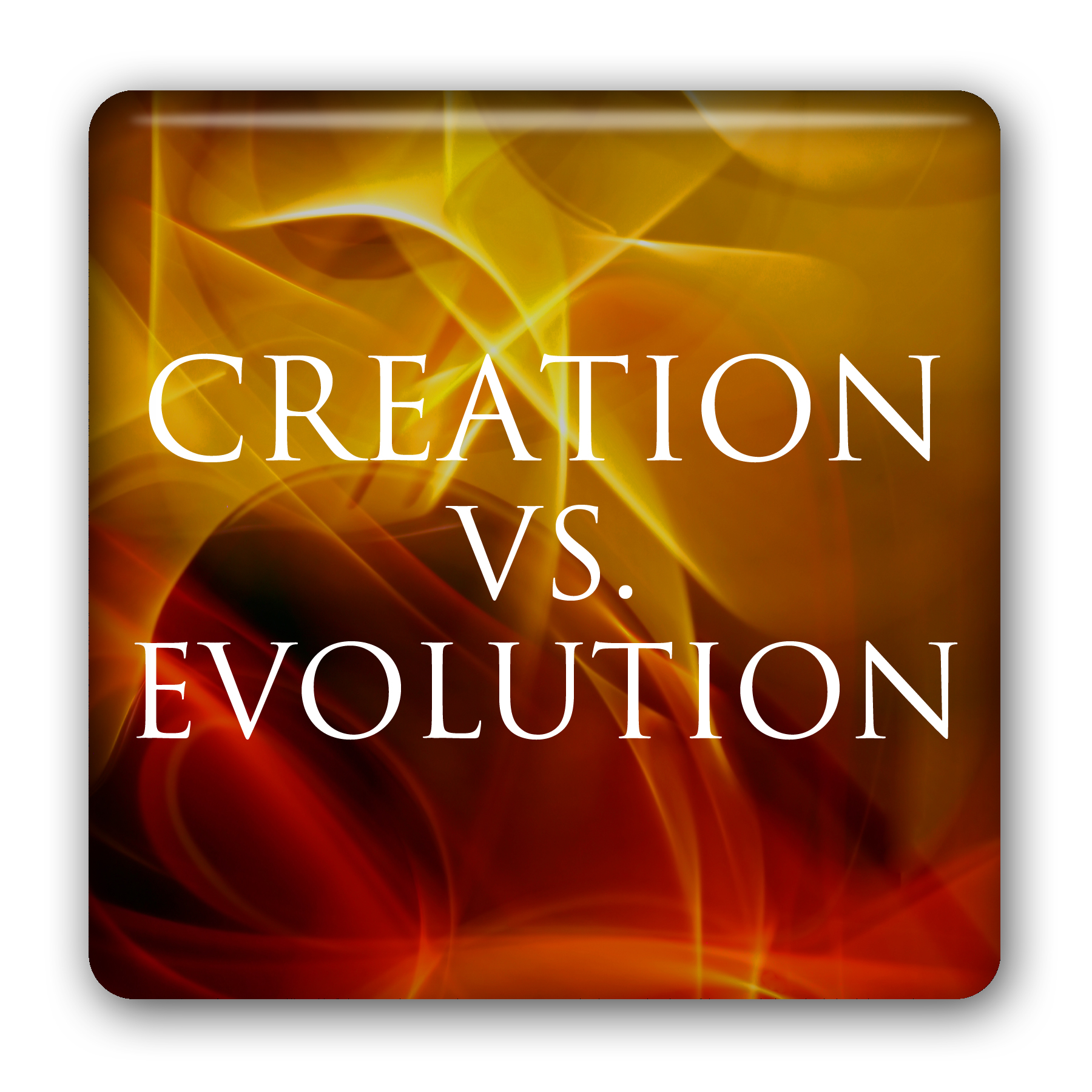
This intensive course helps Christians integrate the words of the Bible with the abundant information coming from the world of science. Students will learn how to use RTB's testable creation model approach to challenge the evolutionary paradigm and resolve debates about the origin of life, the fossil record, and the origin of humanity.
- Teacher: Rick Gerhardt
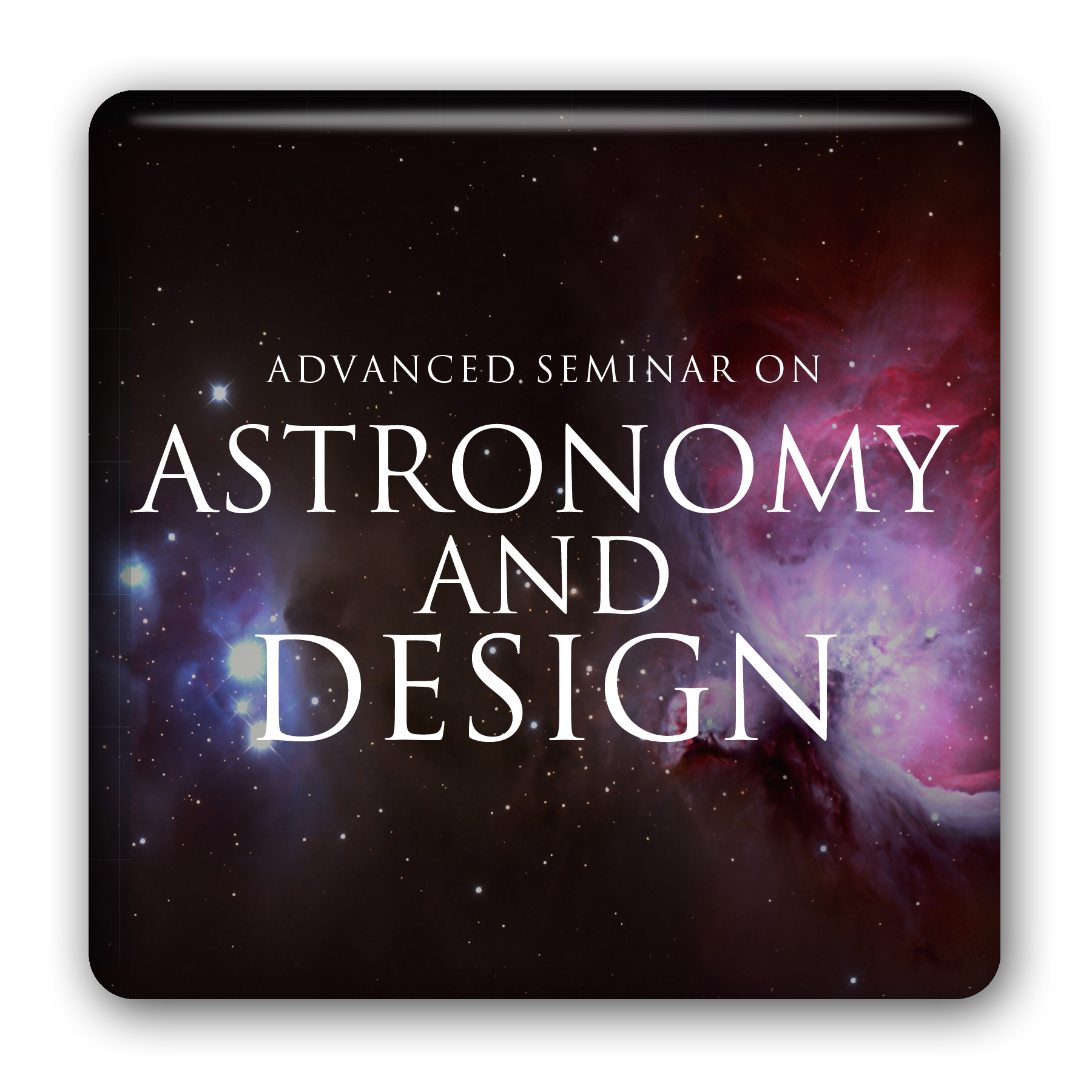
This course is designed to build on the concepts presented in the introductory course. Topics such as exoplanets, multiverse and string theory are explored.
- Teacher: Brandon Reddell
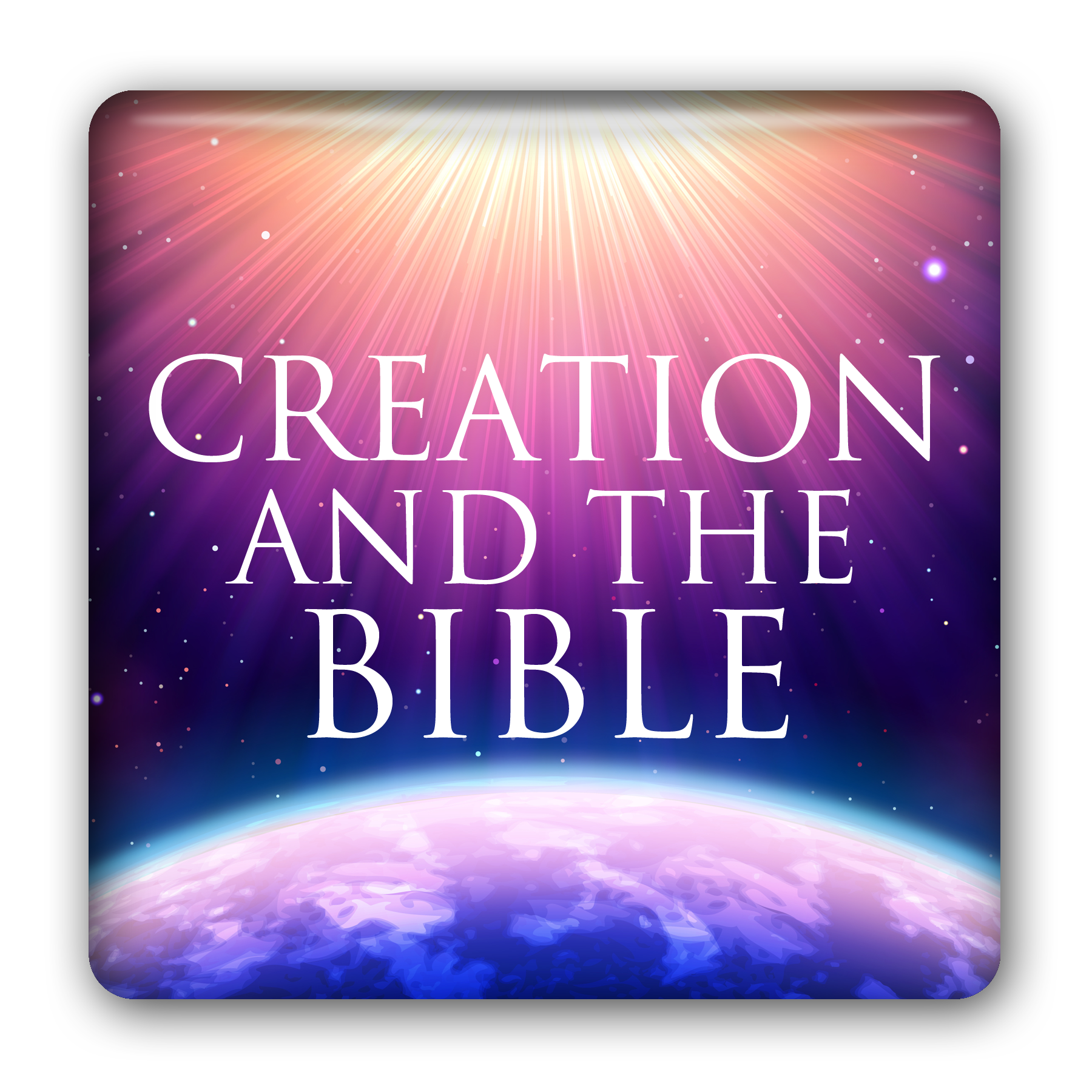
This course surveys the biblical material related to creation, including the doctrines of general and special revelation. Students are also exposed to a variety of Christian interpretations of Genesis 1 and encouraged to form an integrated, coherent interpretation of the scientific data. The second half of the course explores theological and scientific questions concerning the age of the earth (such as radiometric dating techniques and global flood theory).
- Teacher: John Battle
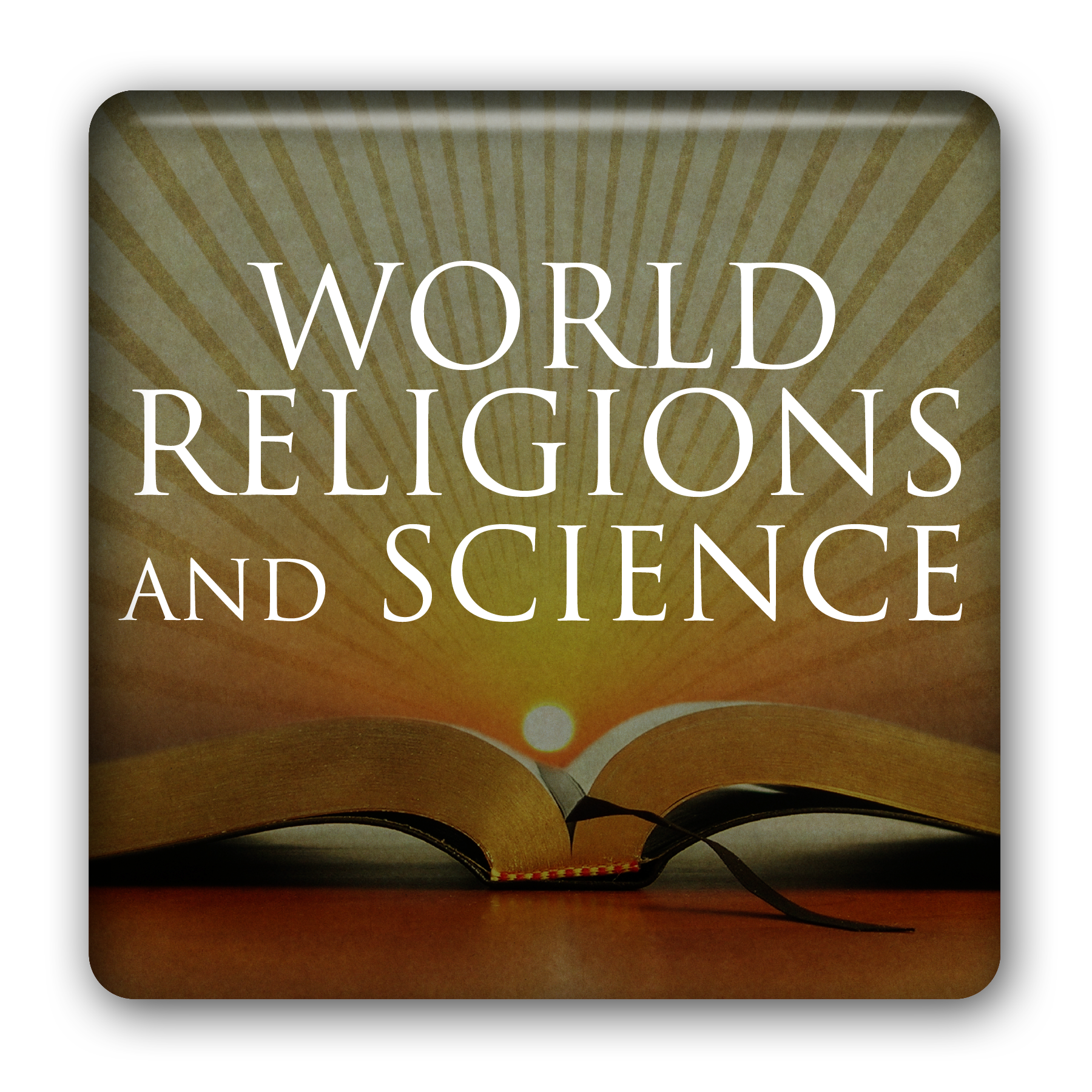
This course lays out the foundational beliefs of the world's major religions. Students explore the ways proponents of these religions use modern science to justify their particular worldviews. Students will learn the biblical basis for the exclusive truth-claims of the Christian faith, while investigating the philosophical implications of religious pluralism.
- Teacher: Ken Samples
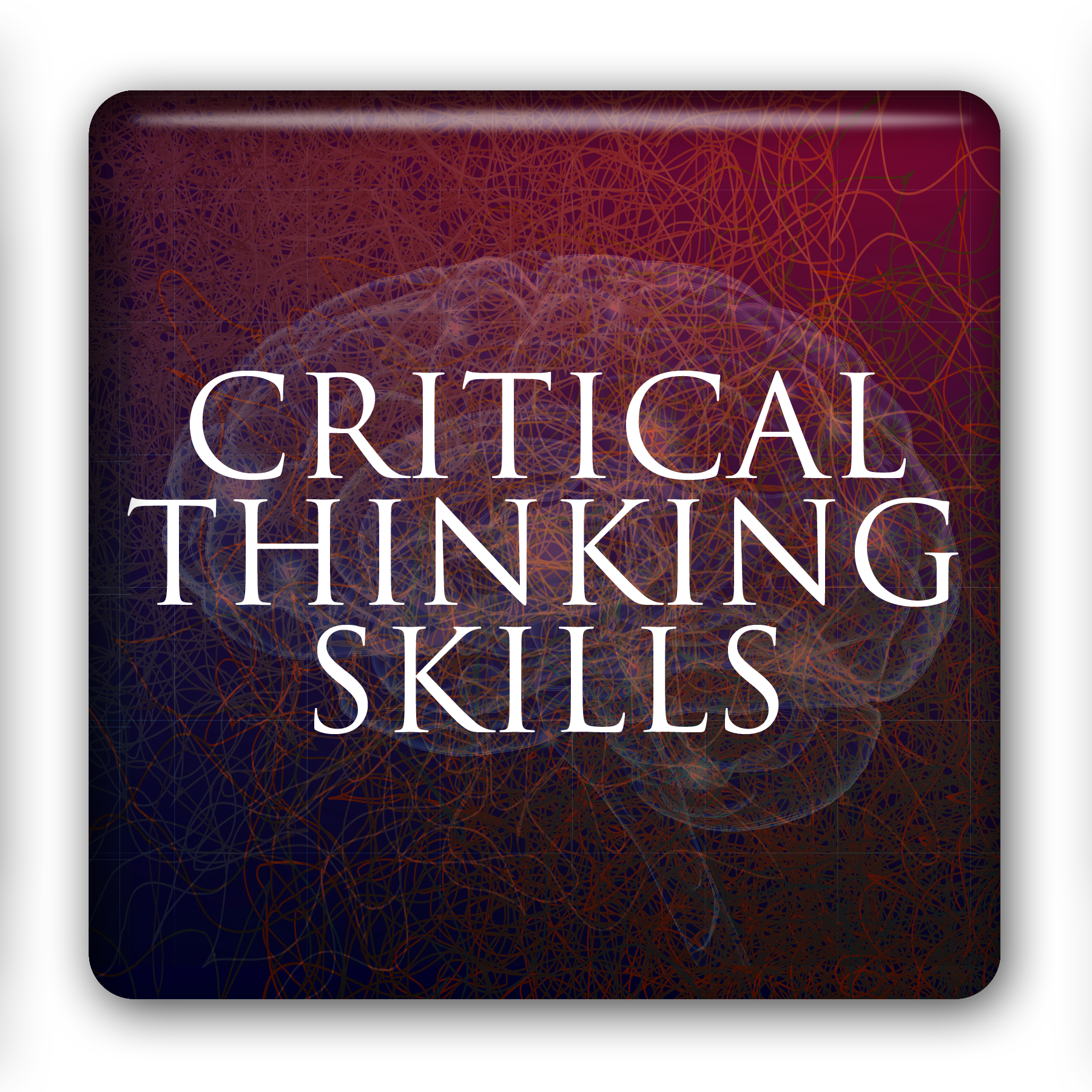
- Teacher: Ken Samples
- Teacher: Carter Truman
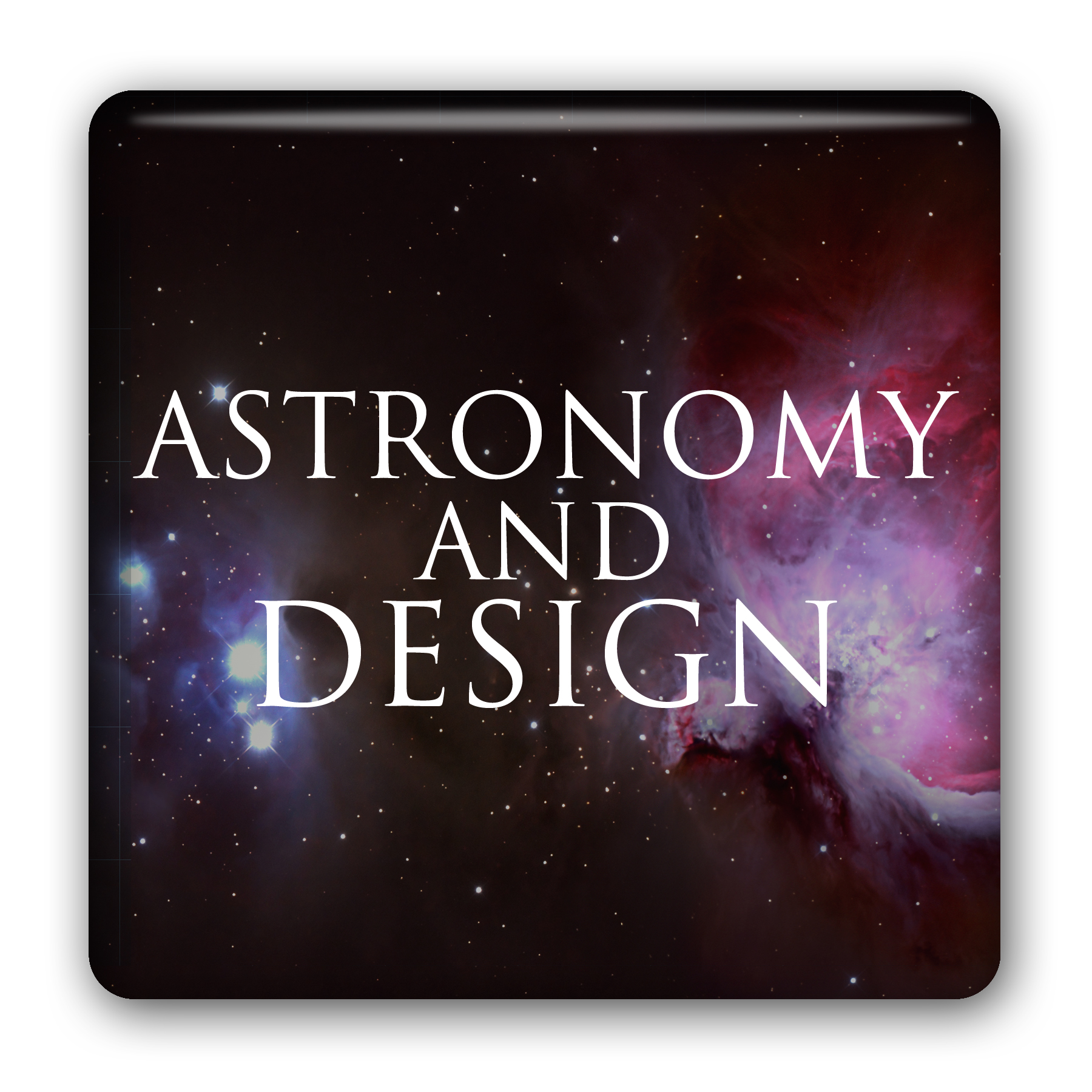
Students will explore and be encouraged to form an integrated, coherent interpretation of the biblical and scientific data about the origin and design of the universe.
- Teacher: Daniel Bakken